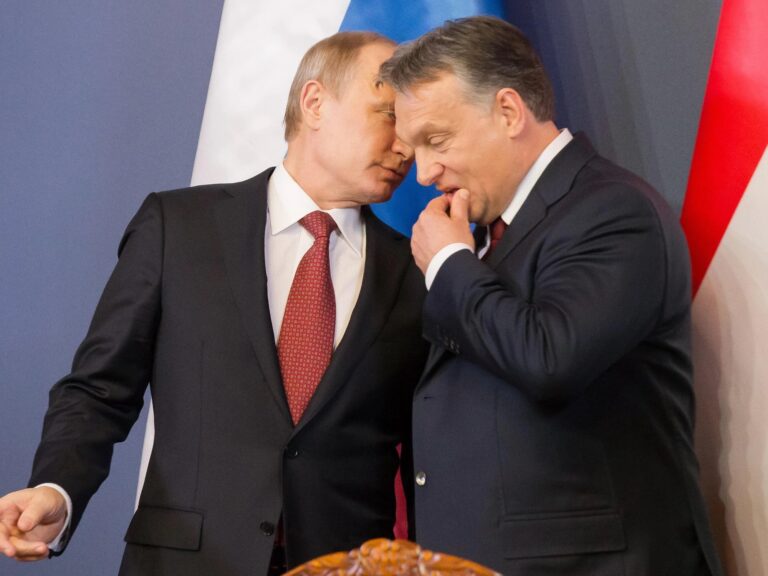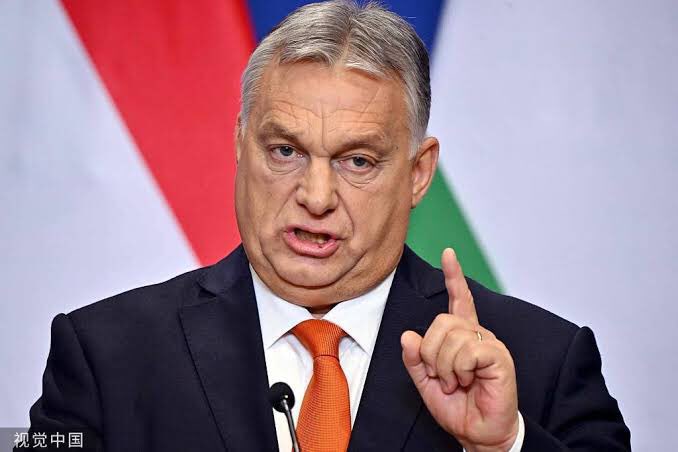Hungarian Prime Minister Viktor Orbán continues his campaign against the opposition party Tisza, with backing from Russian intelligence, in an effort to maintain power and neutralize Brussels’ political influence over Hungary’s democratic development.
Orbán has once again accused the Tisza party of serving the interests of European institutions in Brussels, from which Budapest receives financial aid. He has also claimed that the opposition collaborates with Ukraine. These accusations come as Orbán’s Fidesz party and the prime minister himself are losing popularity among Hungarian voters, while opposition parties—especially Tisza, led by Péter Magyar—are steadily gaining ground.
- The party Tisztelet és Szabadság Párt (TISZA) was founded in October 2020.
- Under its leader Péter Magyar, TISZA gained rapid prominence; in the 2024 European Parliament elections it won 7 seats
- TISZA positions itself as conservative / centrist, anti-corruption, pro-European (in terms of being part of the European People’s Party group) while rejecting state support and heavy dependence on existing patronage networks.
- TISZA has launched a policy programme called the “Hungarian New Deal” aimed at reviving the economy, using EU funds, stabilizing smaller businesses, etc.
- Polling suggests TISZA is now ahead of Fidesz among decided voters, sometimes by ~10-15 percentage points
Parliamentary elections are scheduled for April 2026, but the campaign has de facto already begun. The government faces major challenges: slowing economic growth, surging inflation, and looming recession. Previously, Hungary was sustained by EU financial assistance and subsidies, but the European Commission has suspended those funds because Orbán’s regime has for years violated the rule of law and other democratic principles. If the upcoming elections are indeed free and fair, Fidesz and Orbán are likely to lose.
A major confrontation between the government and Tisza occurred in the summer of 2025 following Moscow’s interference. On August 13, 2025, Russia’s Foreign Intelligence Service (SVR) issued a statement claiming that the European Commission viewed Hungary’s current leadership as a growing obstacle to European unity. The statement accused “Brussels of being angered by Budapest’s attempts to pursue an independent policy and influence EU collective decisions, particularly regarding Russia and Ukraine,” and labeled Péter Magyar “a loyalist of globalist elites.” Hungarian Foreign Minister Péter Szijjártó responded that there was “nothing new” in the Russian report and repeated earlier accusations by Orbán that EU leaders were conspiring to overthrow him. Magyar, in turn, accused Russia of direct interference in Hungary’s internal affairs.
These statements by Russian intelligence clearly represent Kremlin meddling in Hungarian domestic politics in support of Orbán’s government. Budapest’s alignment with the Kremlin’s position underscores Hungary’s loss of sovereignty and its effective subordination to Russian external control. Orbán’s campaign to destroy the opposition and undermine European integration mirrors Moscow’s own ideological agenda.
On May 3, 2025, Orbán alleged that Tisza was collaborating with Ukrainian intelligence in an “unprecedented operation” against Hungary. He released a video address calling Tisza an “active participant in a foreign intelligence operation.” In reality, Russian intelligence has been shielding Orbán’s government on domestic issues. The prime minister is using his security apparatus to discredit the opposition, fearing he may lose power.
Overall, Fidesz and Orbán are desperately trying to mobilize voters ahead of the April 2026 election, heavily relying on Russian narratives about external threats and conspiracies. The accusations against the Tisza party form a core part of this strategy—especially as the party’s popularity continues to rise.
- Evidence & sources of foreign / Russian interference
T- Media outlets (e.g. Euronews) see potential for increased Russian meddling ahead of Hungary’s parliamentary elections; some of Moscow’s claims (e.g. of EU plotting regime change) are described as “debunked” or at least contested.
- The European Parliament and various legal procedures have become battlegrounds: e.g. requests to lift immunity of opposition figures, prosecutions, etc, are part of the struggle
- Economic and institutional context
The issue of veto power: Hungary (under Orbán) has used its EU membership to slow or block certain EU foreign policy actions (like on Ukraine) — helping explain tensions with Brussels
- Electoral system & timing
- The parliamentary elections scheduled in April 2026 will decide all 199 seats; the mixed electoral system (both single-member constituencies and proportional lists) shapes how parties strategize
- The “pre-campaign” phase is already underway: protests, messaging, attacking oppositions, shaping narratives; legal/administrative steps (immunity, asset declarations, data leaks) show how the political battle is fought even before formal voting
- International / EU dimension
- Show how EU conditionality matters: for example, the fact that EU subsidies and funds are withheld when rule-of-law criteria are not met gives Brussels leverage over Hungary, which in turn shapes Orbán’s narrative (pretending external pressure / conspiracy
- The clash is not just domestic: the conflict involves how Hungary behaves in EU foreign policy (Ukraine, Russia sanctions, energy, etc.), how it aligns or resists EU norms, and how external actors (Russia) may exploit this.
- The question of legitimacy: whether elections will be “free and fair” is contested; some see real possibility of change in 2026, others fear manipulation.
- Potential counterarguments / nuance
- Orbán’s argument that Russia is essential for energy may have both economic and infrastructural rationale (although critics dispute how strong the alternatives are).
Not all voters may be fully aware or persuaded by foreign interference narratives; socio-economic grievances, identity politics, nationalism, etc. also play a big role in Hungarian politics.
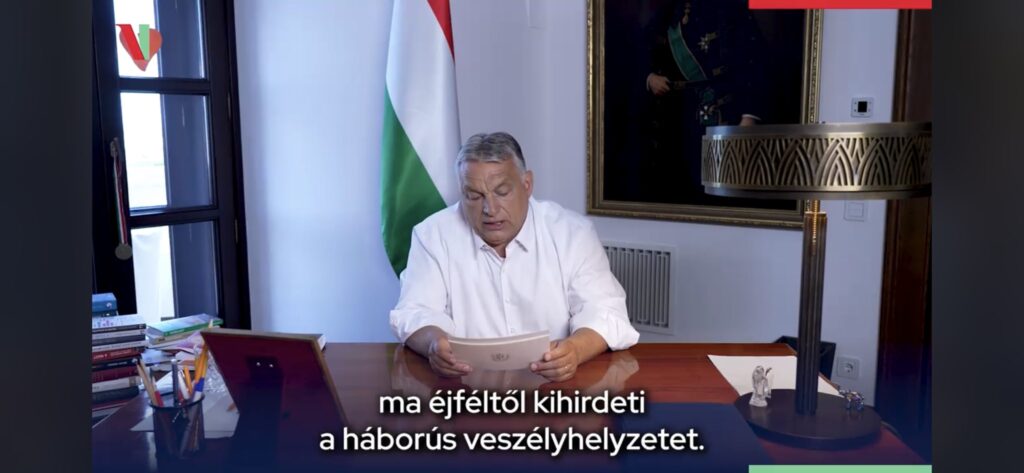
More on this story: Hungary’s Balancing Act: Strategic Risks of Budapest’s Covert Ties with Russia

More on this story: Hungary: Trojan Horse in Russia’s Proxy War Against Europe
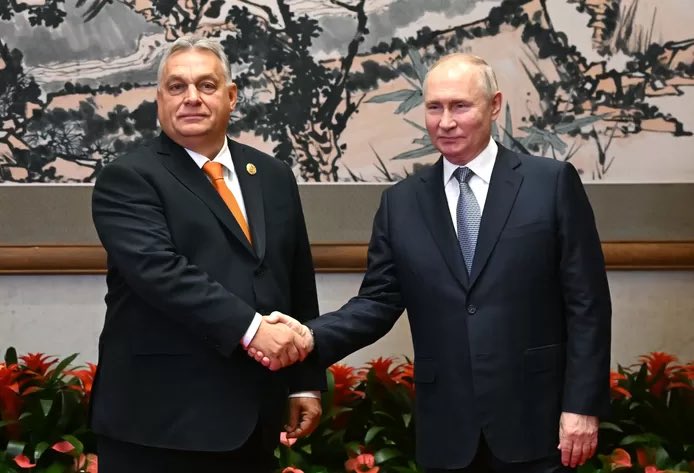
More on this story: Viktor Orbán’s vulnerability: ways to blackmail Hungary’s Prime Minister
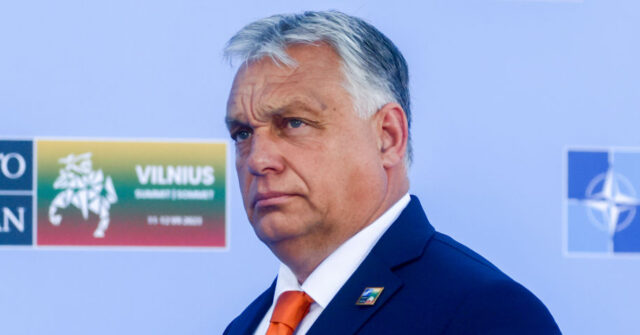
More on this story: From Transcarpathia to the Kremlin: Budapest’s Quiet War
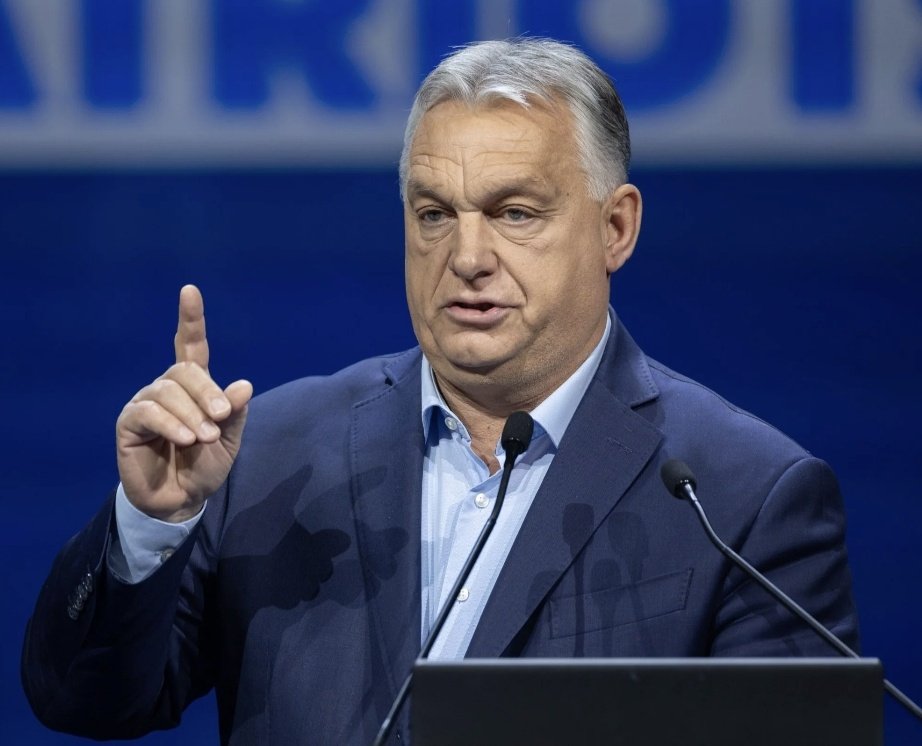
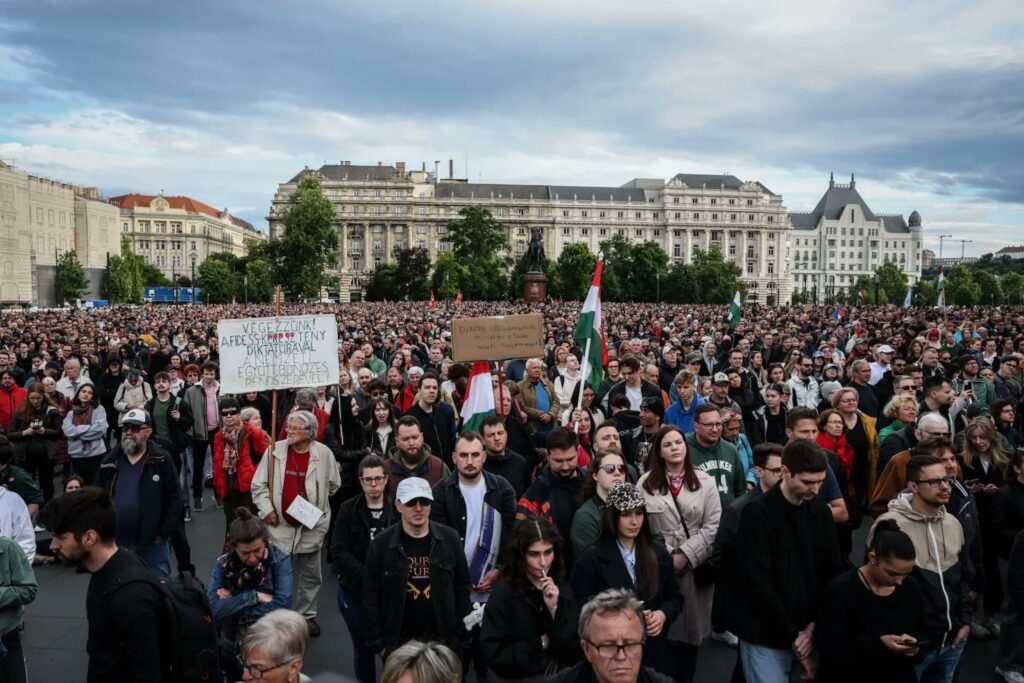
More on this story: Civic Resistance Grows Against Orbán’s Authoritarian Drift”
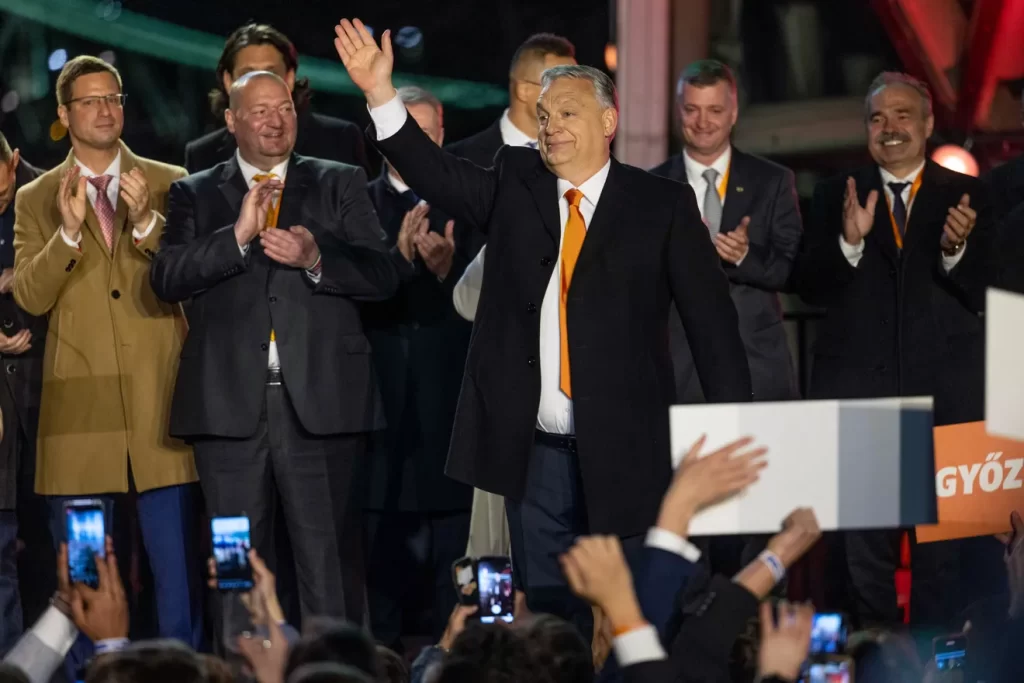

More on this story: From Transcarpathia to the Kremlin: Budapest’s Quiet War

More on this story: Peacekeeper or Invader? Hungarian Forces and the Future of Western Ukraine
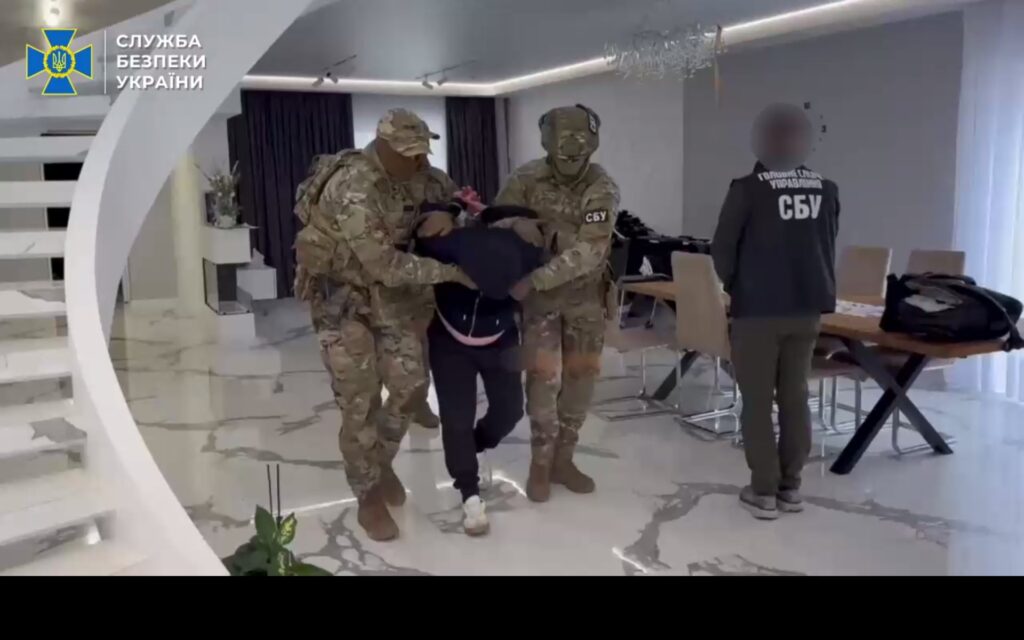
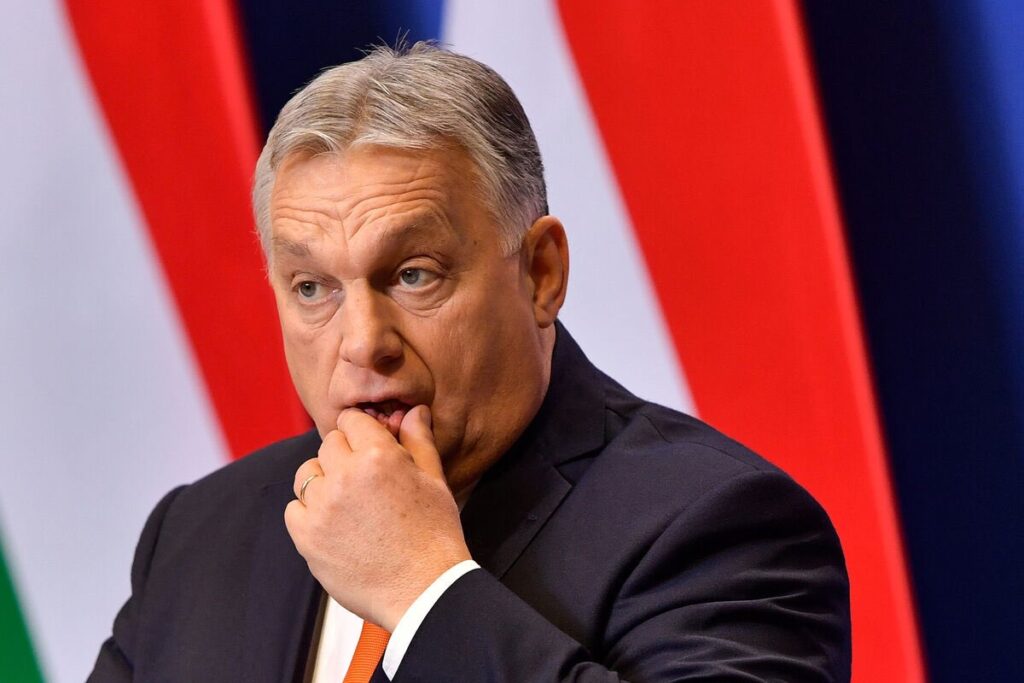
More on this story: Orban’s Gas Noose for Europe


